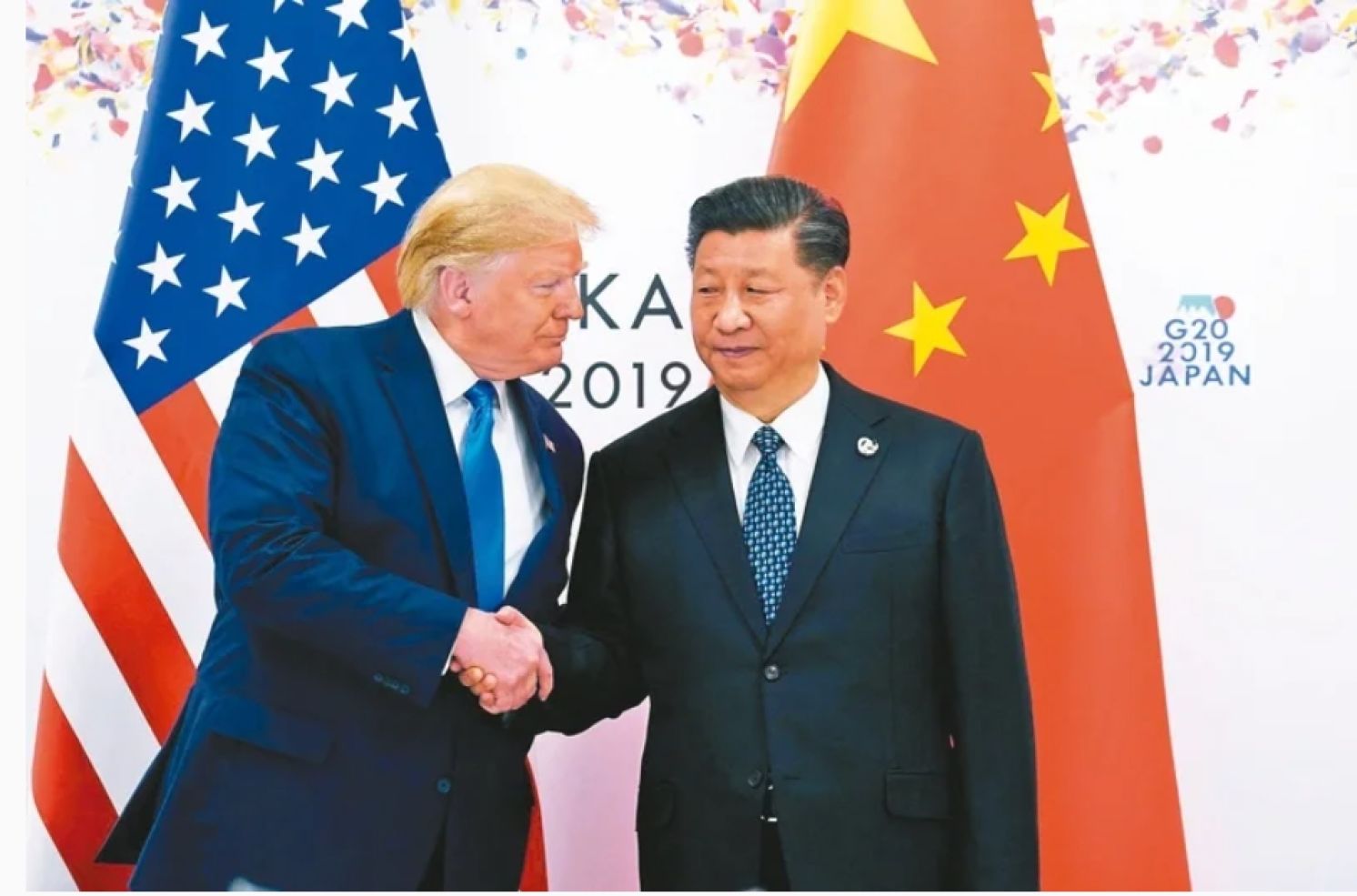
Taiwan Absent in Trump-Xi Hotline Readout a Hidden Warning
United Daily News Commentary, September 21, 2025
This year marked the third phone conversation between Chinese President Xi Jinping and U.S. President Donald Trump. Yet, according to the information released by mainland Chinese state media, there was no mention of “Taiwan.” Most analysts believe it is highly unlikely that the two leaders would bypass the Taiwan issue altogether, suggesting there are other underlying considerations.
Possible explanations include differences over how to phrase the Taiwan issue, prompting both sides to set it aside for now. On one hand, this avoids deadlock on Taiwan and allows the two leaders to address more pressing matters; on the other, it helps build momentum for their upcoming meeting at the Asia-Pacific Economic Cooperation (APEC) summit, avoiding disruptions to the diplomatic buildup.
For Mr. Trump and Mr. Xi, the main purpose of the call was to finalize the TikTok agreement, which Mr. Trump later confirmed had received mutual approval. Other urgent issues such as tariff negotiations, trade disputes, and the fentanyl crisis were also on the table. In other words, while Taiwan remains important, it was not a top priority, and thus the Taiwan Strait was not the focus of this call.
However, as Prime Minister Lawrence Wong of Singapore emphasized in a recent Wall Street Journal interview, the international community must both deter Beijing from using force to take Taiwan and prevent Taipei from pushing toward independence—which he described as China’s “red line among red lines.” Scholars also note that in any U.S.-China negotiations, particularly at the leadership level, it is nearly impossible to completely avoid mentioning Taiwan.
Therefore, many academics believe Taiwan was indeed discussed in the Trump-Xi call, but Beijing did not disclose it in its readout, most likely because both sides are still negotiating the wording. Historically, when Taiwan is raised during such conversations, Beijing has often publicized it first—both to underscore its importance to China and to pressure Washington to respond.
It is worth noting that after past U.S.-China engagements, Washington typically reiterated its position of “not supporting Taiwan independence.” Yet, recent reports suggest Beijing has been pushing the United States to shift from “not supporting” to explicitly “opposing” Taiwan independence—a demand for a clearer, stronger stance. Diplomatically, “not supporting” leaves room for ambiguity and interpretation, whereas “opposing” would signal a far more definitive position.
Whether the two sides are stuck on this exact wording remains unclear. But for Taiwan, two warning signals are already evident: First, Taiwan may no longer be a priority in U.S.-China negotiations, raising fears that Mr. Trump might sacrifice Taiwan for his own interests. Second, if Washington no longer reaffirms “not supporting Taiwan independence” at the earliest opportunity, then it could indicate a shift in U.S. policy. Both scenarios carry troubling implications for Taiwan.
In sum, the omission of Taiwan from the Trump-Xi readout reflects the delicate situation facing Taipei amid U.S.-China rivalry. Beijing appears intent on pushing for stronger “anti-independence” language, while Washington weighs the benefits of strategic ambiguity against its own interests. For Taiwan, it is a sobering reminder not to rely solely on American commitments, while leaving the administration of President Lai Ching-te grappling with how to secure greater leverage in an increasingly fraught geopolitical contest.